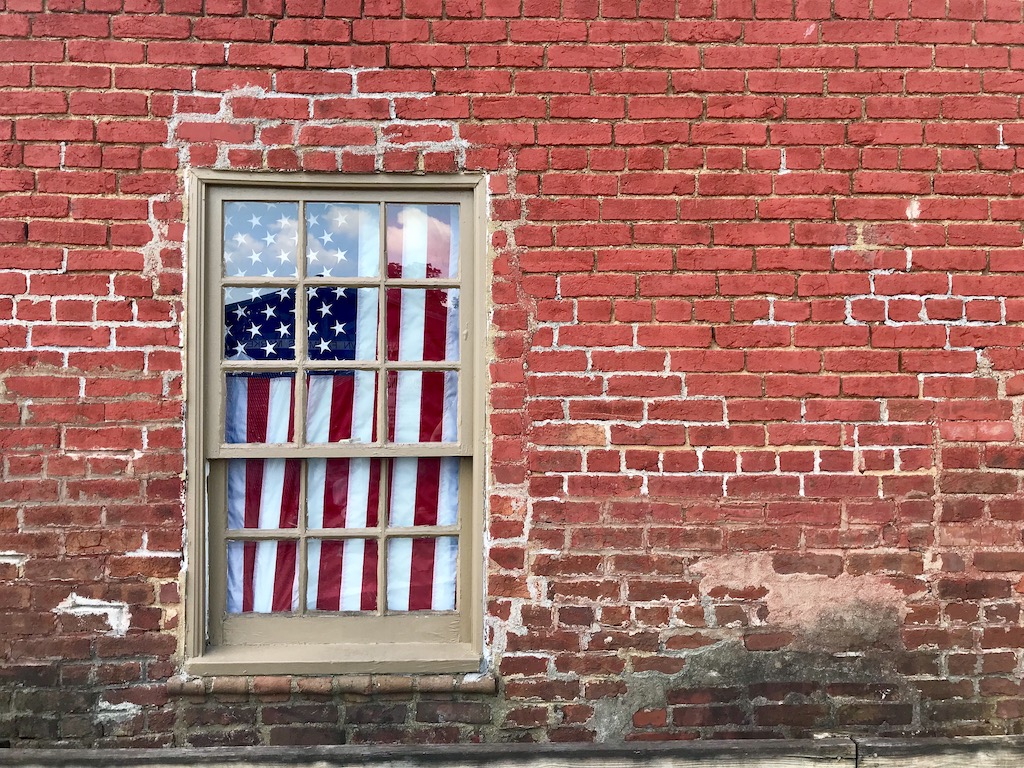Going to college can feel like ordering at Starbucks sometimes—paying more for a name-brand product that takes too long to get. But the coffee chain is about to turn this feeling on its head:
For those working at least 20 hours a week, Starbucks will pay part of the cost of tuition for the first two years of an online bachelor’s degree at Arizona State University. The idea is that with tuition support from Starbucks, Pell grants and other federal aid, and financial assistance set up by the university, employees will be left to cover less than half of the cost of a full-time education. Starbucks says students will have the entire costs covered—now about $15,000 a year—for their final two years.
What makes this different from other companies’ tuition-support programs is that employees don’t have to stay at Starbucks after they graduate. Nor is the benefit limited to long-serving workers; anyone can take advantage of them, regardless of how long he or she has been with the company. And there are about 40 programs to choose from.
Starbucks is illustrating a few essential truths about higher education. First, the cost of attending college is rising faster than our ability to pay for it. And that’s happening at a time when education is becoming a necessity rather than an option for employment. Starbucks has landed on one way to help mitigate those costs. After all, 70 percent of the company’s employees are either current or aspiring students.
Second, the private sector has an overwhelming interest in their employees’ development and has needed a few large businesses to invest in that stake. In an increasingly competitive global economy, having the best and the brightest people working for you can be a massive advantage. Yet companies know that labor markets are also more fluid today. Investing in a firm’s human capital could ultimately do more to benefit the competition—leaving one side stuck with most of the cost and little of the gain. Moreover, education programs are often the first to be cut in an economic slump, such as the one we are still waking up from today.
But large retailers with generous profit margins—read: Starbucks—are well-placed to absorb the upfront costs of boosting the talent pool for everyone and their own employees’ productivity in the long-term. Other labor-intensive firms, many of them retailers, are more likely to follow in Starbucks’ footsteps now that they are being nudged to compete with similar offerings. The more large firms we see adopting ingenious ways to develop their employee’s skillsets—and that colleges work with them, as Arizona State did with Starbucks—the more likely it is that other, smaller firms will do the same.
[pq]In Starbucks’ plan, we’re seeing evidence of the free enterprise system enabling basic human flourishing.[/pq]
Third, traditional colleges need not be the only significant players in higher education. Companies can play a positive role in furthering education, not only by committing greater funding to existing institutions but by conducting that education within their organization. Indeed, absent the limits set by accreditors of who can and cannot legitimately grant degrees, it wouldn’t be unimaginable to be living in a world now where large companies issued recognizable and transferable degrees to their employees. In the meantime, we’re seeing more partnerships like AT&T’s tie-up with Georgia Tech and Udacity (an online educator) to offer a $6,630 online master’s degree to 10,000 new students over the next three years. These aim to be win-win-win scenarios for educators, the educated, and the employers.
It’s not just in strict education where Starbucks’ new plan will make its mark, but in redirecting education funds away from college facilities and toward student support. Success coaches in particular stand to gain in the company’s scheme. Each employee-student receives a “personal level of support…including a dedicated enrollment coach, financial aid counselor and academic advisor.” As one study found, students who received this kind of assistance are more likely to stay in college and exhibited marked improvements in setting and accomplishing long-term goals.
In Starbucks’ plan, we’re seeing evidence of the free enterprise system at work in boosting material gains and enabling basic human flourishing. This is not the end of the story for the company or its green-aproned baristas.



